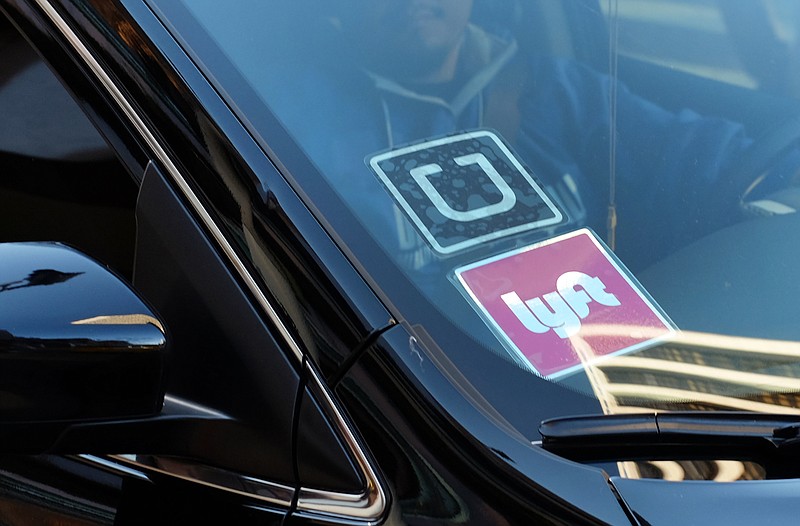Ride-hailing service Uber plans to operate in Texarkana soon, despite the complication of accommodating two states' regulations.
Uber's entry into the Twin Cities is "very near-term," said Leandre Johns, who handles the company's external affairs for Arkansas, Oklahoma and Texas. "We're going through the final processes."
"It's one thing when you're in Dallas or Austin, Texas, or even Little Rock, but it's interesting and exciting to move into more rural parts of the country," communications manager Travis Considine said.
Other East Texas cities such as Tyler, Longview and Marshall are also in Uber's expansion plans, which the company has accelerated since adoption of uniform statewide rules for such businesses this year.
In May, Texas Gov. Greg Abbott signed legislation that sets requirements for transportation network companies, or TNCs, such as Uber and competitor Lyft. The law prohibits any additional or differing regulation at the local level.
To operate in Texas, a TNC must obtain a permit from the state Department of Licensing and Regulation and pay a $5,000 annual fee. The law also requires criminal background checks for TNC drivers.
Arkansas enacted a similar TNC law in 2015, requiring a permit from the state Public Service Commission, a fee of $15,000 per year and driver background checks. Arkansas also prohibits local regulation of TNCs.
The two states' rules are about 90 percent identical, Johns said. To operate in Texarkana, where frequent crossing of the state line is inevitable, Uber will reconcile any discrepancies between Arkansas and Texas regulations by complying with the stricter of the two.
That means any Uber driver in Texarkana will be required to get a vehicle safety inspection within 90 days of beginning work, Johns said.
Before Uber enters a market, the company recruits drivers there.
"We would like to make sure that when the app is turned on and someone goes to get a ride that there are drivers available," Considine said.
Uber recently expanded its Arkansas operations in Pine Bluff, Fayetteville and Bentonville and launched in Jonesboro.
Lyft operates in Texas and applied for its Arkansas permit in June. The company did not respond to repeated interview requests.
Uber and Lyft drivers are independent contractors who use their personal vehicles and connect with customers through the companies' smartphone apps. Customers pay for rides digitally, and the companies keep a portion of each fare.
The owners of local taxi company Artex Transport were not available for comment Friday.
On Twitter: @RealKarlRichter

